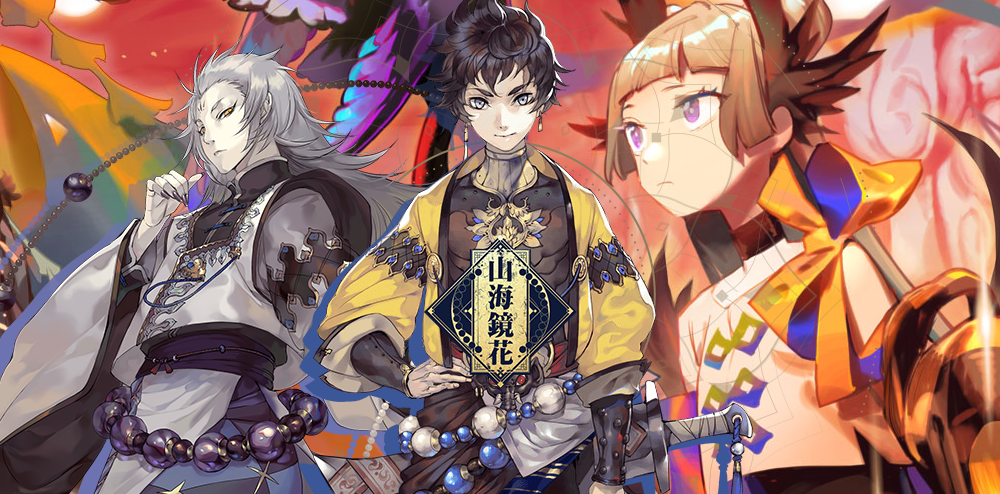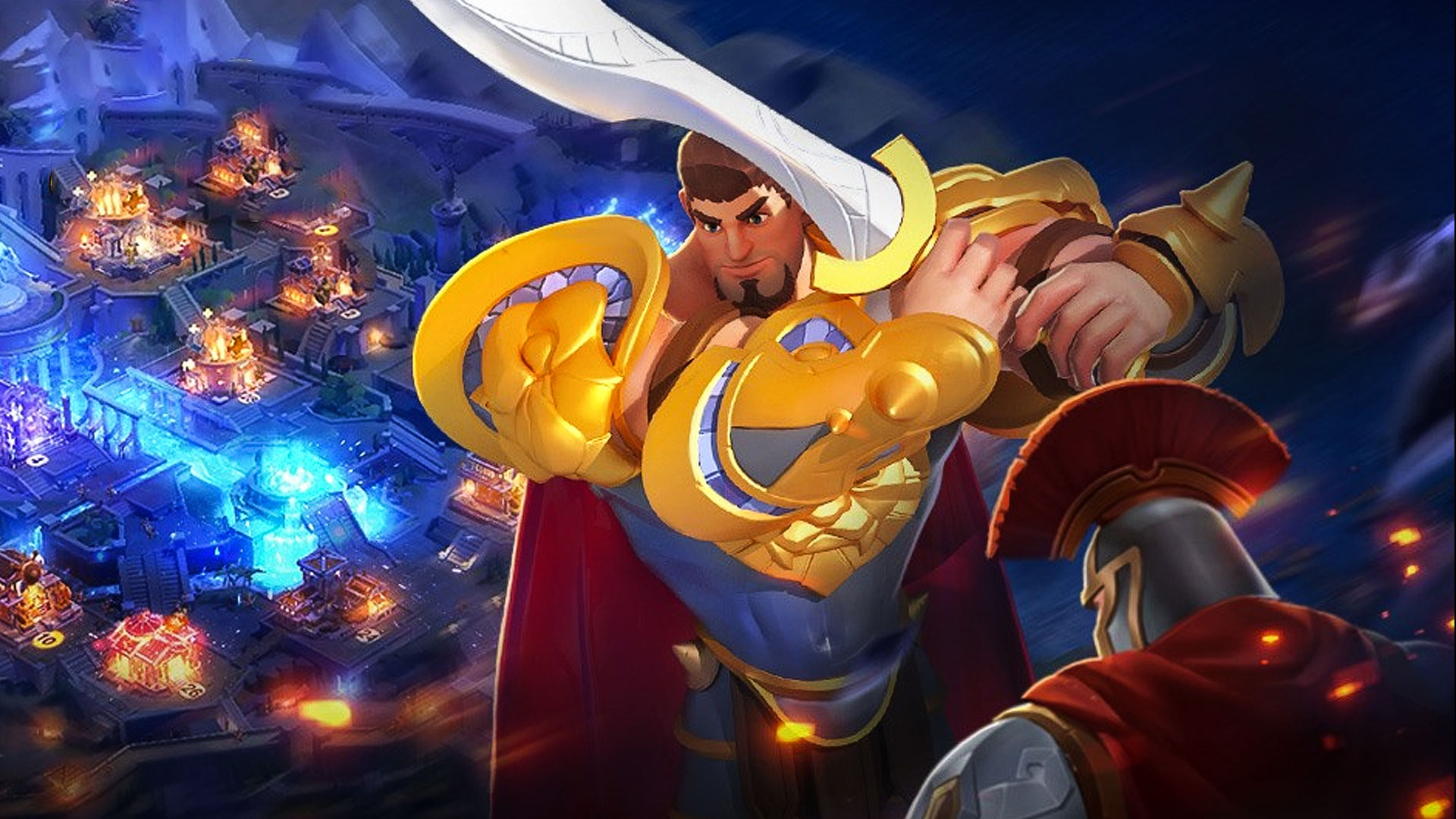Games All About Myths Aliens

Games All About Myths Dinosaurs

Main> FAQs > TheMyths About Role-Playing Games Overthe years, the role-playing hobby has amassed a menagerie of myths andlegends - both about how the game is played, and the type of people whoplay them. What follows is a brief collection of the most popular mythsyou may hear about role-playing games in general and Dungeons& Dragons in particular. If you know of any that Ihave missed, drop me a note to let me know - Free download drivermagic 2.0.7 crack. Download Full Version Softwares Free. Acon Digital DeFilter 2.0.7 Crack With Latest Free Download 2021 Acon Digital DeFilter Crack all four plug-ins have received major improvements both in the processing algorithms and the user interface compared to version 1. Trusted Windows (PC) download Spartan '16 2.0.7. Virus-free and 100% clean download. Get Spartan '16 alternative downloads. Latest News: December 7th, 2020 Driver Magician Version 5.4 released: November 25th, 2019 Driver Magician Version 5.3 released: December 11th, 2018 Driver Magician Version 5.2 released. Download Driver Magician for Windows to restore, back up, and update drivers and detect unknown devices. 3 months free with 1-year plan. Download Now Best for customer support. A keygen is made available through crack groups free to download. When writing a keygen, the author will identify the algorithm used in creating a valid cd key. Once the algorithm is identified they can then incorporate this into the keygen. If you search a download site for Drivermagic 2.0 Keygen, this often means your download includes a keygen.
A player is a realperson; a character is the role that the player plays in the game. Allof the actions that the character makes, all of the items that theypossess, even the characters themselves areimaginary, and do not exist in the real world. This is possibly themost frequent mistake that people make about role-playing games. Inthis respect, a player and their RPG character are no different than anactor or actress and the role that they play. Charleton Heston isn'treally Moses. Vivien Leigh isn't really Scarlett O'Hara. Gene Wilderisn't really Willy Wonka. The things that those characters do in theirrespective stories are not the actions of the people who play them. Itis terribly ironic when a news story accuses gamers of confusingfantasy with reality, while exhibiting much of the same confusion allon its own.
Thismyth also includes any claim that RPGs share some qualities that mostof the games that preceded them do (they're played on a board, a playerrolls dice to determine how far to move a piece, etc). Unlike otherforms of games, RPGs do not usually have clearly defined winners andlosers; rather, they are much more of an exercise in team effort.Confusion in this area is often proof that no real research into RPGshas been done.
RPGsoften have a system of magic involved, and it is usually a form offantastical magic, far-flung from anything found in witchcraft or theoccult. There are some RPGs that have been designed to have amore 'real-world' feel to them, and the authors have used actualoccultic sources as their framework; nevertheless, one cannotlearn how to cast spells by playing a role-playing game, anymore than they can learn to swing a sword or ride a horse. Themagic used in RPGs is entirely 'make-believe,' it exists only in thegame world, and NEVER causes any effects in the real world. It is NEVER directed at real people, and any claims to the contrary areFALSE. Whilemany RPGs have some form of magic system, many others do not,especially the plethora of science fiction RPGs.
While combat does exist in most RPGs, it isnever promoted as the answer to everything. Conflict is alarge part of our history, and RPGs reflect that. But thereis much, much more to the hobby than simple hack and slash.. if thatwere not true, there would certainly not be asmany gaming books on the shelves as there are! There arebooks on other cultures, people, races, and traditions, all of whichare interacted with in any number of ways, only one of which iscombat. If AD&D (for example) was the roleplayingequivalent of Quake (for example), it would fitrather neatly into one 100-page rulebook. For the record, itdoesn't.
It'sstrange that a devout sports fan who can talk about little more thanscores and statistics isn't considered 'obsessive' by most people, yeta gamer who plays once a week is. Any pastime holds the potential to dowhat it does all too well: pass time. A person who spends alot of time playing RPGs is simply a person who would spend a lot oftime doing something else if games were not a partof the equation. Personal responsibility and maturity are thetrue focus here. Gaming is no more of an obsessive hobby thanany other, it just involves more brain power than most. Perhaps this iswhat a lot of the critics fear.
Inmany circumstances, games have been blamed for causing 'seeminglynormal' people to commit crimes that they would never have dreamed ofhad they not been exposed to RPGs. This is a preposterousnotion to those of us who understand RPGs, but to many, it seems verypossible in the light of all of the myths that are held as truth aboutgames. The truth is, according to the CAR-PGa,that all media accounts of crimes committed 'in thename of gaming' had many other, more understandable factorsinvolved. The real story here is that 'Abused Child KillsParents' does not sell quite as many newspapers and magazines as 'GameTaught Child To Kill.'
Whetherby causing severe depression over the loss of a character, or as somedemented way to start their life over again at the beginning, RPGs havebeen accused of being a possible cause of suicide among theirplayers. The Center for Disease Control, Departmentof Suicidology, and Albert Einstein University feel differentabout the matter, however; all three have done extensive research onRPGs and found no connection between gaming and suicide. Theexperts have spoken. Also, as mentioned above, the CAR-PGa has researched all ofthe 'gaming related suicides' on the record, and found extenuatingcircumstances in every one. Again, itcomes down to what sells more papers or keeps the public tuned inthrough the commercial break. Itbears noting that the isolated incidents in which gamers havecommitted suicide are usually misinterpreted by the uninformed to makeit appear as if gaming causes people to take theirown lives. By their own figures, the suicide rate amongpeople who play RPGs would be much lower than theaverage for any other group of people. Therefore, uninformedreally isn't that harsh of a title.
Whilethis may have been close to being accurate many years ago, it iscertainly not true today. The fact is that many gamers arefemale, although the hobby is still male-dominated. In a study conducted by Wizards of theCoast in 1999, it was found that 19% of the respondentsbetween the ages of 12 and 35 were female. That's almost oneout of every five gamers.
Role-playingcan be as simple as a game of cops-and-robbers in the backyard, or anintense session of playacting the bickering leaders of city-states onthe brink of war. At it's root, it is the same type of game,but for most of us, the way we play is altered as our tastesmature. An 11-year-old can play a fighter in Dungeons& Dragons and go about hunting dragons and rescuingdamsels and never tire of it. An adult who does the same willbegin to look further into the character, developing a personalhistory, and pursue higher-minded goals. It'sone of the great things about roleplaying; it spans not only age andmaturity, but culture and gender, and becomes what the player wants itto be. It's hard to find a hobby that does that. Inaddition, in a study conductedby Wizards of the Coast in 1999, 59% of the gamers surveyedwere between the ages of 19 and 35, and the largest portion of thatrange (34% of the whole) were between 25 and 35. Keepin mind that any of the above myths apply equally as well toD&D, as it is the granddaddy of all RPGs. Likewise,some of these myths could have been applied to other RPGs that aresimilar to D&D in certain ways.
Thismyth has been propagated by William Schnoebelen, evangelist andself-proclaimed expert on satanism and witchcraft - but by no means wasit started by him. Usually, this is an attempt to make D&Dlook like a tool for Satanists or occultists to gather new members.There is no evidence to support this claim. For more on Schnoebelen andhis various claims, visit the Basic Gaming FAQ.
Whilenot the most common myth, I have heard it more than once. AndI have combed all editions and printings of the DM'sGuide and Player's Handbook and foundnothing of the sort. Can anyone help me outhere? What could they be talking about?
Thismyth is only half right. While it is true that certaineditions of D&Dand AD&Dcontained several types of demons and devils in it's MonsterManual, they were listed as opponents,along with most of the other creatures in the Manual. When TSR released the second edition to D&D in the early 90's,they removed the demons and devils and replaced them with othercreatures, in an attempt to keep everyone happy. In 2000, TSRannounced that demons and devils would be returning to the game whenthe third edition of Dungeons & Dragons wasreleased. In the November 1999 issue of InQuestGamer, TSR brand manager Ryan Dancey referred to them as the'ultimate bad guys,' and said in 'all materials ever produced for thegame, they are portrayed as opponents to be overcome, if not killedoutright.' Players do not worship anyof the things found in a D&D manual; it'sthe characters that may (See the myth PlayerAnd Character Are The Same, above), and they arenot given the option of worshipping either demons or devils.
Thisfirst came to me from a copy of the Jehovah Witness magazine TheWatchtower Call of duty finest hour ps2 cheats all levels. back in 1983, and since then, I've heard itrepeated several times. The truth is, there are no rulesfor arson, rape, or torture among the manuals forD&D, so therefore, these acts are not promoted by thegame. However, it is possible for a character to performthese actions if the player wishes so. Therefore,technically, it can happen; however, anyone who actively chooses to dothese things, and seems to be enjoying it, reallyneeds to seek help. It is a sign of very serious problems. Someopponents of gaming have claimed that the Dungeons Master'sGuide mentions rape in a manner that might encourage playersto act it out. This is untrue. For more on thismatter, check out the BasicGaming Advocacy FAQ.
Again,this one is only half right. There are deities for thecharacters to serve in certain D&D books (Deities& Demigods, and the latter revision LegendsAnd Lore, as well as others), but these are for the charactersto serve, not the players. (See the myth PlayerAnd Character Are The Same, above). Noone has to do anything special in the real worldfor a deity that their character serves in the game. That's just silly. Also:no character has to serve a deity. Thereare no specific rules designating that this must occur, except possiblyin the case of cleric characters (holy men and women who gain theirpowers from a higher source). The original statementregarding this, made in the first edition Dungeon Master'sGuide, suggested that all characters should serve a deitybecause it would help to flesh out the background and motivations ofthe character. This is just as if a Christian actor wouldresearch the Muslim faith if he were preparing for a role as a Muslimcharacter. It is a vehicle for better role-playing, and notan adoption of a new faith system.
Actually,there was a book called The Arduin Grimoire thatcontained charts that were supposed to make medieval combat more'realistic.' These charts contained bloody descriptions ofbody parts being torn off or crushed. But,it wasn't an official D&D product, andwas not recognized by TSR as such, and due to it's violent nature, manystores refused to carry it. The combat used in D&Dand AD&D is much more 'heroic' and unrealistic,because it is meant to recreate tales of heroic fantasy, not the firsthalf hour of Saving Private Ryan.
This one has come to me in many forms - that he is mentioned as someonewho embodies 'D&D-style charisma,' that he appears as acharacter in the manuals, or even that he would have made an excellentplayer. Actually, the first edition DungeonMaster's Guide does mention Adolf Hitler - but not as a hero,villain, or even as any part of the game. The mention is madein a discussion about the difference between charisma and physicalbeauty, and it uses him as an example of someone who had a very strongcharisma with a certain group of people, but not much in the way ofphysical beauty. Any attempts to use this example as aconnection between games and racism or anti-Semitism is very, verylow. In doing so, one would also be suggesting that severalhistory and sociology books are doing the same thing. Toread more about this topic, including a direct quote from the DungeonMaster's Guide, visit the Basic Gaming Advocacy FAQ.
Thisis probably the first myth I had ever heard aboutD&D. This comes from the tale of James Dallas Egbert,who hid in the steam tunnels beneath his university and attempted (andfailed) to commit suicide with a drug overdose. There is no evidence that he went down there to play D&D, asthere was no one with him, and he didn't have any dice orbooks. Plus, he admitted his intentions to themedia. Despite that, investigator William Dear,chose to maintain the gaming angle, partially in an attempt to protectboth Dear and his family members from the truth about his homosexualityand drug abuse. In reality, most of us would rather sit around a tableand enjoy the game, rather than get all hot and sweaty in anunderground tunnel.. Contributors:Spencer Lease, Owen Raine Thisdocument is a work in progress, and is in no way complete as you see ithere. If I have left something out, or missed an importantpoint, it is imperative that you, the reader, bring it to myattention. All contributors will receive credit for theircontributions at the end of the document. You can learnmore about role-playing games by exploring the other FAQ files in thissection:
|
Long ago, some mythological elements were worshipped as religion. While they are no longer part of any religion, they still appear as figures in many books, paintings and games. This is a list of. Reality Bytes: Eight Myths About Video Games Debunked Henry Jenkins MIT Professor A large gap exists between the public's perception of video games and what the research actually shows. Science, Myths and Legends of the Ancient Egyptians Common Core activities Workbook are lessons that help students learn about the ancient Egyptians and their knowledge of science. Higher order skills for students to develop and practice are also included. Third, Myth III was made by different developers, so it seems misleading to treat it as a source of information about the original games' world.DocumentN 20:06, 22 September 2007 (UTC) Also, there could still be a main Myth series article in addition to the individual game articles. Still not going to split it.


